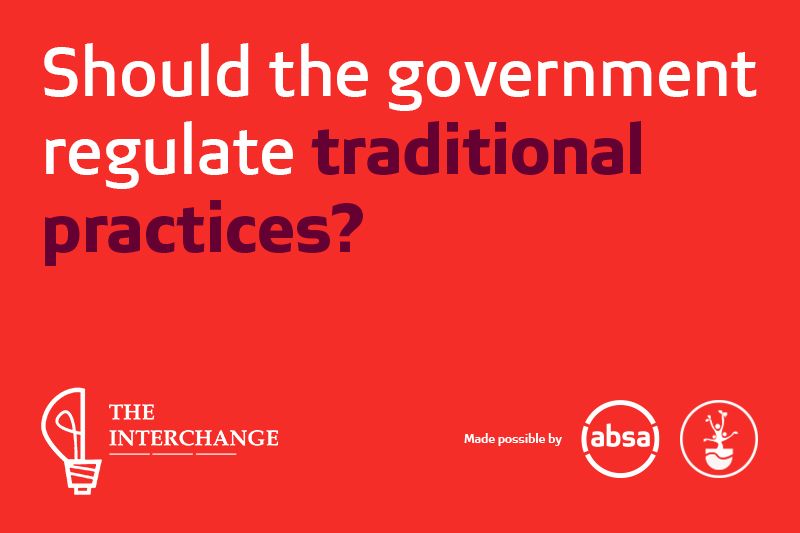In an ever-changing modern landscape, traditional practices are constantly being questioned and challenged. Many of these controversial cultural practices such as genital mutilation and forced marriages, are rooted in beliefs that have been passed down through generations – making their relevance a contentious issue.
In a world where traditions can be treated as fleetingly as a social media hashtag, what role do these old ways still have to play?
Should the state have the right to ban or regulate certain cultural practices, especially where human rights are at stake? What must happen when these practices infringe on human rights?
The Interchange is made possible by Absa and Tshimong.

